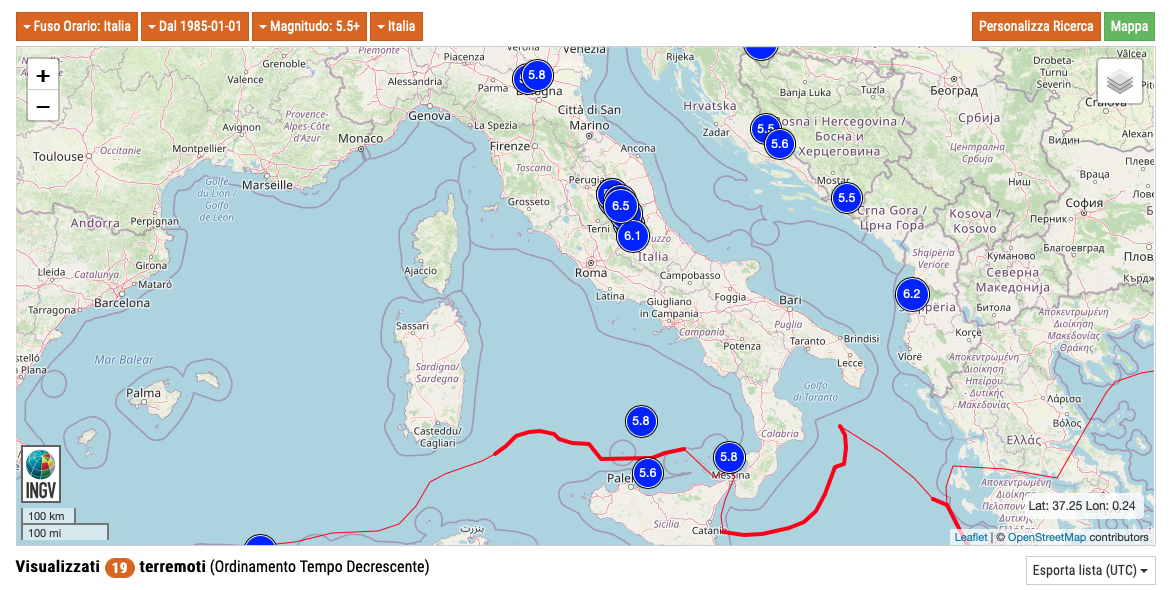
There are so many personal factors involved in this decision that it's hard to provide guidance for your particular case. However, I can share some of the factors I use to decide which locations to consider. Here are some things you may want to consider.
Location If you want to pay 7% Italian income tax, you have to live within the boundaries of an approved comune. I use Google Earth Pro along with my Italian comuni boundaries file to find candidates.
Lifestyle Do you like being in the heart of a city with all its bussle and energy? Or would you rather live in the quiet and more isolated countryside? Near the beach? In the mountains? There is no right answer, only what you prefer.
Cost of housing Are you interested in renting or owning? Different areas have varying prices. My favorite web site for looking at real estate in Italy is Idealista. They have a variety of filters to look up properties and they even let you draw a polygon around an area on a map and then they will show you what they have available inside it. Another place to search for property is Immobiliare. However, I am told that the majority of properties for sale or rent are not listed on such sites. Some people recommend going to the town and just looking for "For Sale" or "For Rent" signs. Or ask among the locals.
Weather Do you like it warm? Dry? Do you like a full four seasons? Again, there is no right answer. Only what you prefer. I like Weather Spark for looking at the weather norms for a city. It will even let you compare two cities. And speaking of weather, you may have heard that many areas of Italy have a mosquito problem. Here is a resource to look at maps of mosquito habitat.
Transportation Services How close do you want to be to an airport? How about a train station? Hilltop towns have great views, but not many have train service. But it's all in what you prefer. I usually consult a map to look for train stations and airports, or even bus service. I use Google Earth Pro and also Google Maps. Once I have zoomed into a town of interest, I look for airports and train stations. Then I check the schedules to see how long it takes to travel to other cities. See Trenitalia or Italiarail. Also consider whether you will need a car if you live in that town. If you live in a rural area, you may need a car just to get to the grocery store and other basic services. Owning a car in Italy has a number of requirements you must meet.
Health Care We are all retired, or at least drawing a pension, otherwise you could not participate in the 7% program. So odds are we are on the older end of the spectrum. As we age it is more important to have access to good health care — doctors, hospitals, labs, etc. Italy is highly rated for its health care system, but some areas are better equipped than others so it pays to inquire about this. Again, I look at the maps for hospitals. Still, this does not tell you the whole story. Do you require certain specialties? Do you need a doctor who speaks your language? I have not found a good way to evaluate these factors. There are some Facebook groups where you might inquire about health care in a particular town. If your town of interest has good transportation to nearby larger cities, that may satisfy your needs.
Expats To be honest, this is not a priority of mine so I have not spent any time thinking about how to research it. Perhaps some Facebook groups could help.
Shopping and Restaurants Again, I use Google Maps to look for the density and variety of restaurants and shops in the area.
Earthquakes What's your tolerance for earthquakes? It may seem like a strange question, but for me the answer is medium. I lived in California for many years and felt some major earthquakes. Italy has a fair amount of seismic activity. If you have never lived in an earthquake-prone area, you may be unsettled when you feel one in your new town in Italy. You will also want to evaluate the earthquake readiness of the home you rent or buy. Newer construction is generally better as it must comply with more stringent building codes. There is a lot of masonry construction (stone, concrete, brick) in Italy. Generally wood frame houses fare better in an earthquake, but such construction is more rare in Italy. Sardinia and Pulgia have the lowest risk among the 7% areas. Sicily is medium to high. Northern Abruzzo near L'Aquila is even higher. The National Institute of Geophysics in Italy tracks all earthquake activity. On their site you can filter by area, magnitude, and date. They will also show you a map of activity. For example, here is a map of all the earthquakes of magnitude 5.5+ going back to 1985.

Crime I have not looked into this very much. Here is a link to one of istat.it's crime tables by region and province. Many istat pages have a link at the top to translate into English.
This site also has a bunch of information on italian towns and other information about Italy. They also have earthquake information at that site.